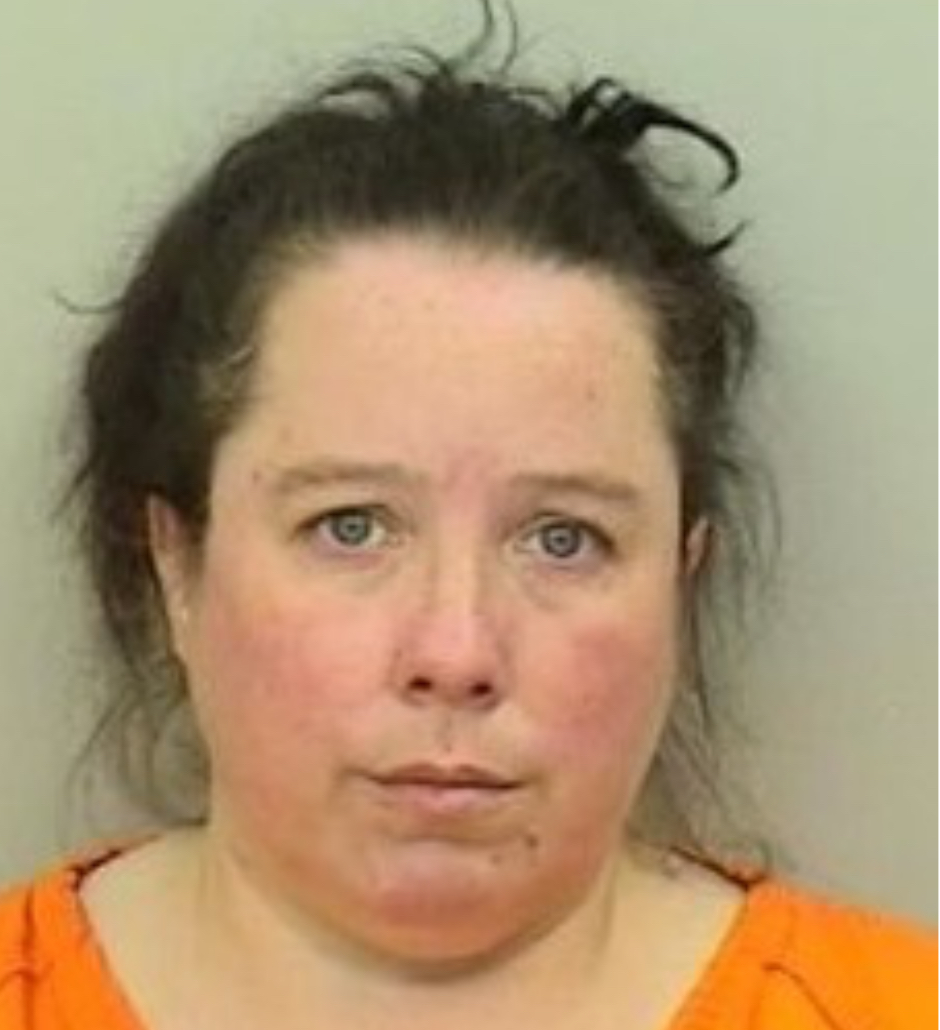Houses on the level
Published 9:40 am Monday, June 1, 2015
Windows and doors that are difficult to open and close are just one of the tell-tale signs that a house has settled.
“We get calls all the time because people are having problems. For instance, the brick or the dry wall may be cracking in their homes,” said Charles Ladner, local structural engineer. “The homeowners may think the building contractor is at fault, but all homes settle.”
Reasons for the settling of the foundation and the methods used to correct the problem vary. Knowing some of the basics can help.
Trending
Soil preparation is very important in the building of new homes, whether the house’s foundation will be a concrete slab or pier and beam. However, the soil type rather than site preparation is generally the factor when houses settle, according to Ladner.
“Clay soil, which is what we have here in Southwest Louisiana, is like a sponge. It shrinks and expands according to water content,” he said.
David Thibodeaux, building official for Calcasieu Parish provided the American Press with a section of the International Residential Code that describes the soil in Southwest Louisiana and some of the criteria used to determine if a soil test is needed during construction.
When any expansive, compressible, shifting or other questionable soil characteristics are likely to be present, the parish building official may require soil testing. When fill is brought in at a depth of three feet or more, or if the soil seems unstable, a compaction test may be required
A local company said their soil testing involves taking samples after every six inches of fill dirt is compacted.
Prices for such a test may begin at around $500, depending on the size of the house, the number of visits to collect samples and the number of samples analyzed,
Trending
In addition to soil type and site preparation, other issues can affect the house’s foundation.
Tree roots, poor foundation design and vibration can affect a house’s foundation. Even something as simple as landscaping beds around the perimeter of a house, adding on to the home, adding nearby structures on the same property or changes to a neighboring property can affect drainage.
Standing water under a house compromises footings, and can cause mold and mildew. Water can eat away at concrete blocks and attract termites. Termites and moisture can wreak havoc on joists and beams. Standing water can also seep in between walls and floor in a home with a concrete slab foundation.
House leveling usually requires special equipment and expertise. Lennard Gade, local foundation repair contractor, said repairing a raised flooring house could cost a tenth of the cost to repair a home with a concrete slab foundation.
Addressing any foundation issue sooner rather than later could help keep the cost down.
Some crews limit their work to jacking up and shimming raised flooring houses when the job might require correcting water leaks or repairing drainage issues. Sills, joists and piers may need to be replaced.
Leveling the house without correcting the problem or not choosing the best materials available for the job isn’t wise. While Gade’s crew replaces sills, joists and beams and will replace or add new piers, they do not handle plumbing or electrical aspects of the project. This is the common approach.
Here are some suggestions for contracting with a foundation repair contractor.
•Ask potential contractors for a free, detailed estimate.
•Expect the contractor’s review of the problem to include a look under the house if the house is on piers and the contractor is able to get under the house. Consider going under the house with the contractor initially or asking him to take cell phone shots to help you understand what’s happening and how he’ll remedy the problem.
*Consider choosing a company that’s insured, doesn’t require all the money up front and offers a warranty.
*Call more than one house leveler. The first person contacted by the American Press said he charged $4,500 or more for a 1000-square foot house. A second contractor said his crew levels raised flooring houses for $1.50 to $2 per square foot, depending on difficulty and materials. It may cost more.
*The best insight comes from friends and acquaintances that have had their houses leveled.
*Always ask for, and contact, references. If possible, visit the site referenced.
(MGNonline)





